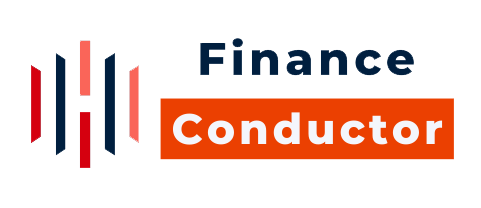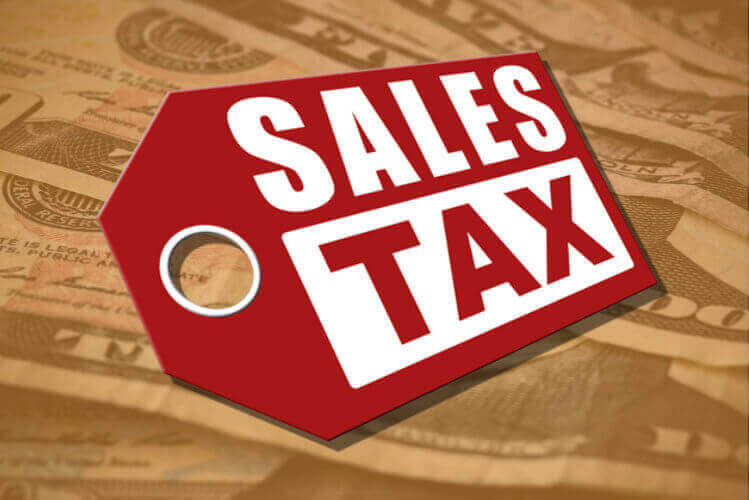Governments worldwide impose a consumption tax known as a sales tax on the purchase of goods and services. At the point of sale, the seller often takes a percentage of the purchase price as payment.
Sales tax money is used to pay for a variety of public services and infrastructure improvements. Both consumers and businesses can benefit from knowing how sales tax is computed and looking at ways to reduce it.
How to Calculate Sales Tax
The tax rate, the taxable base, and the jurisdiction are the three main factors that go into calculating sales tax.
Basis of Calculation
The purchase price of an item is often used to compute sales tax. The percentage used to describe the tax rate differs based on the jurisdiction. For instance, an 8% tax rate means 8 cents of every dollar bought will go toward sales tax.
Taxable Items
While the majority of tangible commodities are subject to sales tax, some may be excluded or subject to lower rates. Food items, prescription medications, and healthcare services are typical exemptions. To ascertain if certain goods or services are taxable, it is crucial to speak with the local tax authorities or check the tax laws.
Tax Nexus
The state or local government, the seller, is physically present in or has a significant economic link with is responsible for collecting sales tax. This link, known as the “tax nexus,” is established by elements like the seller’s location, inventory, or the volume of transactions in a specific region.
Exclusive or Inclusive
Sales tax may be included in the purchase price (inclusive tax) or applied as a separate charge (exclusive tax). In nations where consumers are used to seeing tax-included prices on product labels or in marketing, inclusive tax is more frequently employed.
Total Tax Calculation
To determine the total sales tax due, multiply the purchase price by the relevant tax rate. For instance, the sales tax will be $8 on a $100 purchase if the tax rate is 8%. Thus, the buyer would have spent a total of $108.
Best Strategies to Save the Sales Tax
Resale Certificates and Exemptions
Some items and services may be free from sales tax or subject to a lower tax rate. Saving money can be achieved by learning about and comprehending these exceptions. A resale certificate can be obtained by companies who buy products to resell in order to avoid paying sales tax on those purchases.
Timing of Purchases
Timing can be a key factor in sales tax reduction. In some places, certain products or services are momentarily exempt from paying sales tax. Planning large purchases during these times can result in significant savings. Similarly to this, if a sales tax rate is anticipated to rise soon, buying in advance of the shift will help you save money.
Online Shopping
E-commerce is becoming more and more popular, and making purchases online may allow you to avoid paying sales tax. If an online merchant doesn’t have a physical presence or nexus in a certain jurisdiction, they might not always be compelled to collect sales tax. Be mindful of use tax laws, though, as they entail paying the equivalent of sales tax on out-of-state internet purchases in addition to self-reporting and adhering to them.
Purchasing from Tax-Free Countries
There is no sales tax in some places, such as states or nations. These places to shop can provide substantial savings. However, keep in mind that things like import taxes and travel expenses can affect the final savings.
Price Negotiation
In some circumstances, negotiating the cost of products or services might help reduce the impact of sales tax. This strategy works well for more significant purchases or deals where the supplier has some pricing latitude.
Use of Coupons and Discounts
Using coupons, discount codes, or other promotional offers can lower the taxable base and, as a result, the total amount of sales tax. To ensure eligibility, it is crucial to comprehend the terms and conditions of these deals.
Conclusion
Understanding how it is calculated and looking into ways to reduce sales tax can result in large savings because sales tax is a big part of the consumer experience. Individuals and companies can minimize their tax responsibilities by comprehending exclusions, scheduling purchases, using online purchasing opportunities, and haggling over pricing. To ensure compliance and make wise choices about sales tax savings, it is essential to follow the law’s guidelines and seek advice from tax experts.






